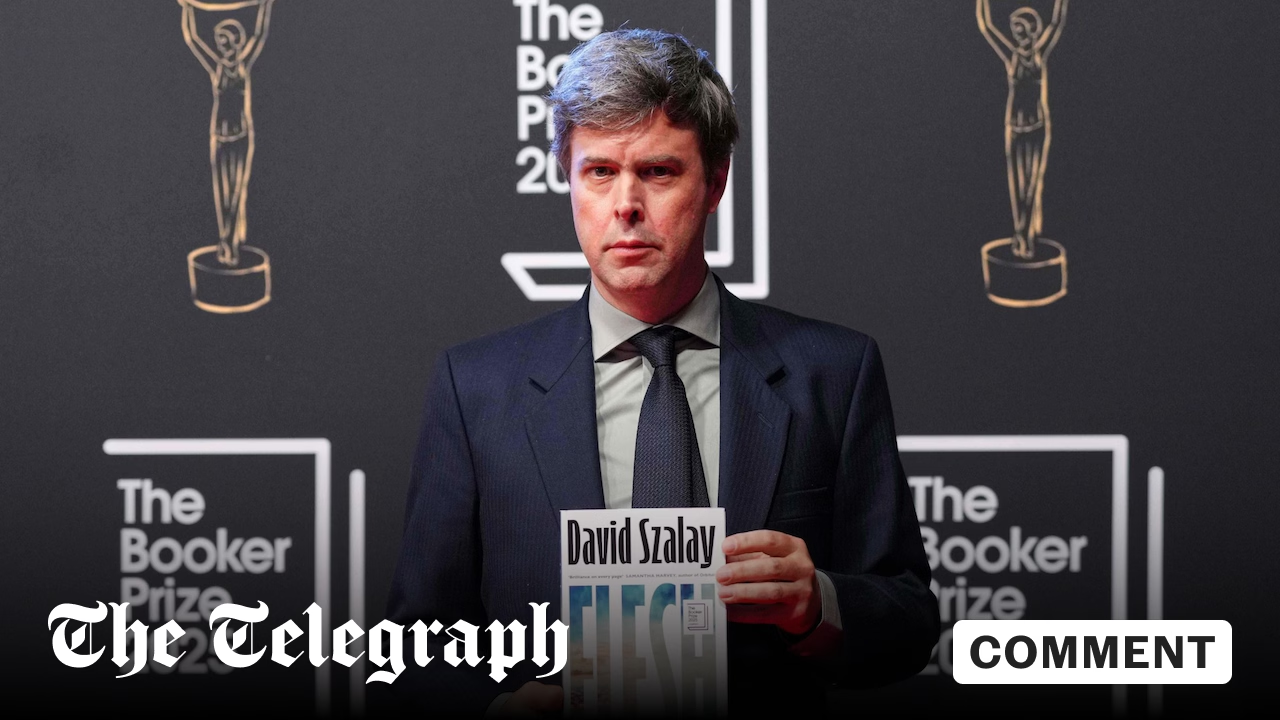The Booker Prize shows that contemporary fiction has a problem

It’s only fair to note that Szalay is a worthier Booker winner than, notoriously, Paul Lynch (2023); and that, in any case, the Prize has often got it right: look at Shehan Karunatilaka (2022), Douglas Stuart (2020) and Anna Burns (2018). Too often, however, you look around the literary scene and see garlands going to novels that read like penultimate drafts.
This year’s Women’s Prize for Fiction went to Yael van der Wouden’s The Safekeep, which wobbles between careful reticence and this kind of haplessness: “The spot on her skirt where the fruit had stained remained throughout the day, a cloying brush to the back of her hand.” While the Goldsmiths Prize went to CD Rose, spry and funny, last year they gave it to Rachel Cusk, whose once-haunting, enigmatic prose has become a shadow of itself.
This doesn’t look set to change. I’ve been reading advance proofs of next spring’s fiction, and they’re of haphazard quality. Last weekend, I picked up one well-hyped debut. The writer – I won’t name her – shows her potential in patches, quite funny, quite stylish, and you’re willing the novel on. But as the chapters go by, there come too many passages where you look and sigh and think: why did no-one get the blue pencil out? Why did no-one cut that joke, banish that idea, bring that passage to heel? A mixture of irritation and disappointment replaces your goodwill. Here and elsewhere, critics will gun for such flaws, and their reviews will come out cool – if there are even reviews at all. Debut fiction, by convention, is never panned, and while silence may be golden, I doubt it’s lucrative.





